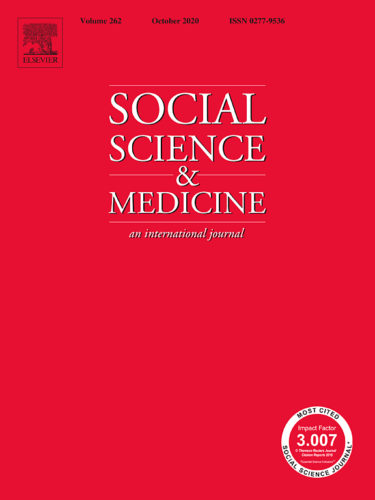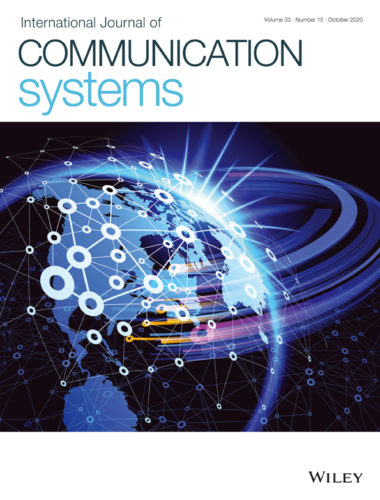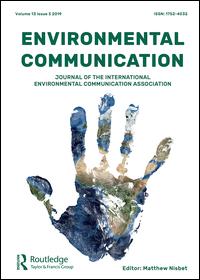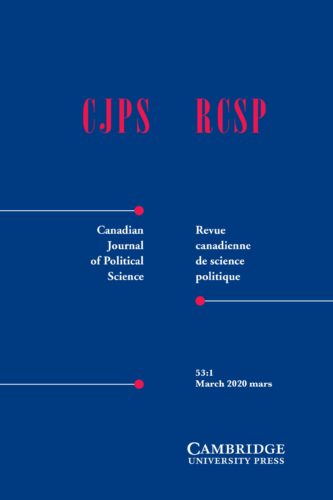Belief in COVID-19 conspiracy theories predicts resistance to future COVID-19 vaccination and preventive behaviors such as mask-wearing, a new study by APPC researchers has found.
Research Findings


Amid Pandemic and Protests, Civics Survey Finds Americans Know More of Their Rights
The 2020 Annenberg Constitution Day Civics Survey finds Americans knowing more of their First Amendment rights and the three branches of government.
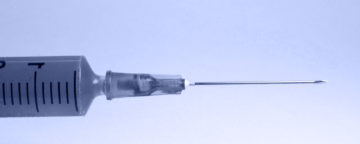
How Misinformed Vaccine Beliefs Affect Policy Views
More than partisanship, education or religion, belief in vaccine misinformation drives opposition to policies, a new APPC study finds.

Countering Anti-Vaccination Influences From Social Media – with Conversation
Exposure to anti-vax tweets was followed by negative vaccination attitudes and behavior – but not among people who discussed vaccination with others.

Problem Explored: Media Coverage of Science Identifies Problems — and Solutions
The Annenberg Science Media Monitor analyzes how the news media have presented narratives about science, from discovery to identifying problems to the "problem explored."
